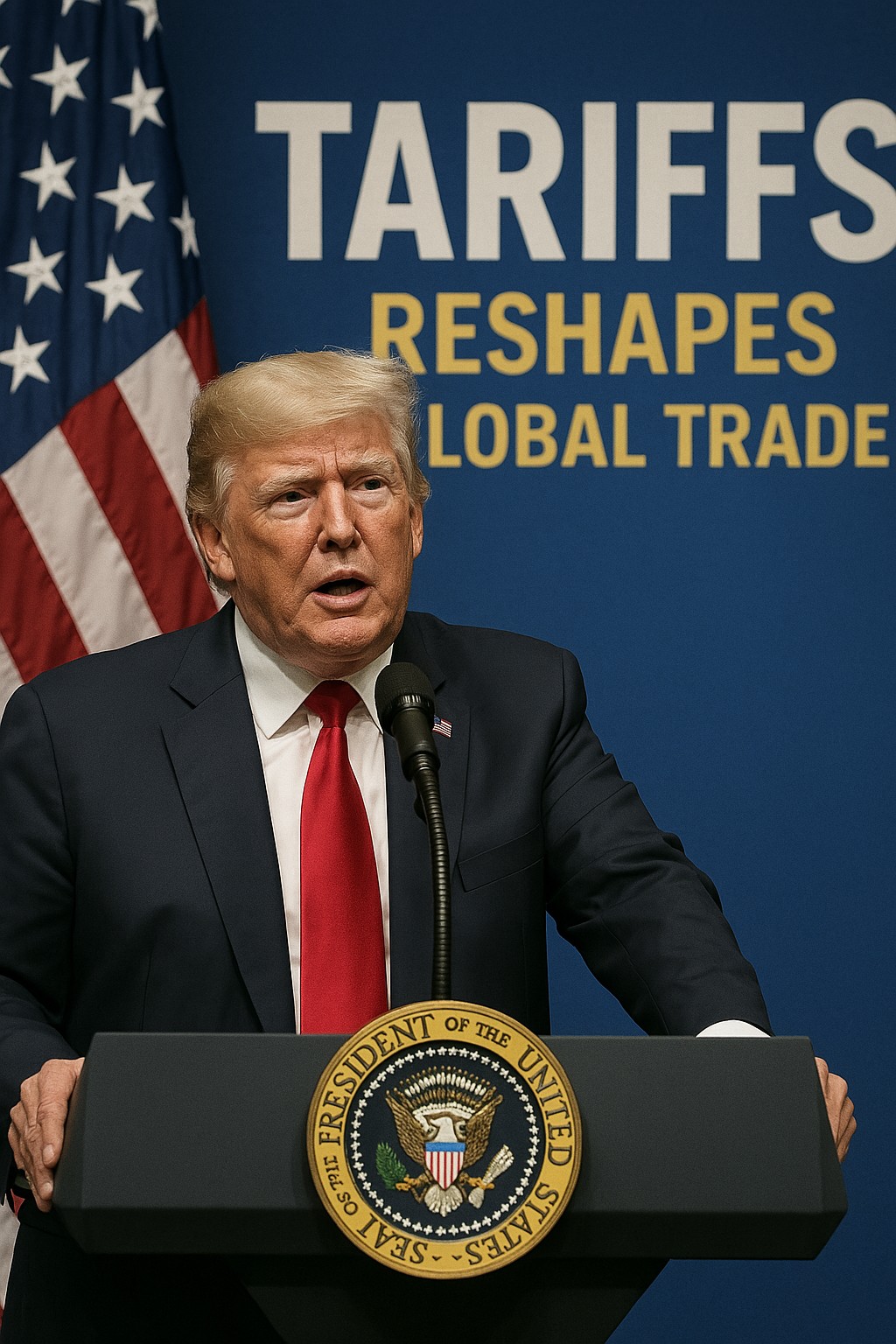By Richard Jones
In a decisive move to bolster domestic employment, the Canadian government has announced the reinstatement of stricter Temporary Foreign Worker (TFW) Program regulations. Prime Minister Justin Trudeau and Employment Minister Randy Boissonnault outlined the new measures, emphasizing the need to prioritize Canadian workers and address program abuses.
The decision comes as Canada grapples with ongoing economic challenges and fluctuating unemployment rates. Prime Minister Trudeau stated that reducing reliance on temporary foreign workers is crucial for encouraging the hiring of Canadian citizens and permanent residents. “Our focus is on ensuring Canadians have the first employment opportunity,” Trudeau asserted, highlighting the government’s commitment to strengthening the domestic labor market.
Minister Boissonnault elaborated on the necessity of the changes, pointing out that the TFW Program has been subject to misuse in recent years. “We’ve seen cases where the program was used to undercut wages and bypass Canadian workers,” Boissonnault stated. “This is unacceptable, and we are acting to rectify these issues.”
Starting September 26, the government will implement a key measure: rejecting applications for low-wage foreign workers in regions with a six percent unemployment rate. This policy ensures that local labor markets are not undermined by the influx of temporary foreign labor, particularly in areas where Canadians actively seek employment.
Initially designed to address labor shortages in specific sectors, the TFW Program has faced criticism for allegedly displacing Canadian workers and suppressing wage growth. The reintroduction of stricter criteria seeks to address these concerns by ensuring the program serves its original intent: filling genuine labor gaps where no qualified Canadians are available.
Businesses that rely heavily on temporary foreign workers, particularly in agriculture, construction, and hospitality, may experience adjustments as they adapt to the new regulations. The government has encouraged employers to invest in training and development programs for Canadian workers to mitigate potential impacts.
Critics of the policy change argue that some sectors may face labor shortages, impacting productivity and growth. However, the government maintains that the focus should be on creating sustainable employment opportunities for Canadians. “This is about investing in our workforce and ensuring long-term economic resilience,” Boissonnault emphasized.
The policy shift is part of a broader strategy to recalibrate Canada’s immigration and labor policies in response to changing economic conditions. The government has pledged to work closely with industry stakeholders to monitor the effects of the new regulations and make adjustments as necessary.
As the September 26 implementation date approaches, businesses and workers prepare for the transition. The government has promised support through resources and guidance to help employers navigate the changes and maximize opportunities for Canadian workers.
In summary, Canada’s reinstatement of stricter rules for the Temporary Foreign Worker Program reflects a strategic effort to prioritize domestic employment, address program misuse, and ensure that the benefits of economic growth are shared more equitably among Canadians. The government’s actions signal a commitment to fostering a robust and inclusive labor market that meets the needs of both workers and employers.




